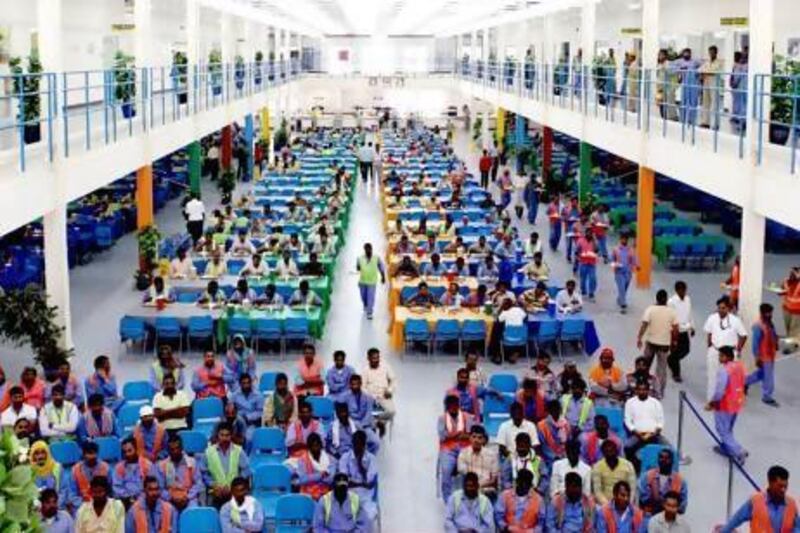In the latest of a series of legal reforms, Abu Dhabi's Justice Department has announced that Hindi is to become the third official language used in its courts. The move, which is designed to increase access to justice for workers, affects labour-related cases and will allow Hindi-speaking workers to raise grievances and lodge claims in a language they understand. Simple, interactive forms will also be available on the internet, which the department says will increase awareness and understanding of the range of legal services available to all residents. To this end, bilingual guides explaining complex legal terms have also been created, along with infographics illustrating court processes.
This new development comes just a few months after the introduction of a rule that plaintiffs in civil and commercial cases involving non-Arabic-speaking defendants now have to pay for the translation of case files into English – a first for the region. It also follows the implementation of the One Day Labour Court for minor cases. Taken together, these measures can be seen as part of a comprehensive package promoting judicial services, in line with the Tomorrow 2021 plan.
Hindi is spoken and understood by a large proportion of the nation’s residents. With nearly 30 per cent of the UAE’s workforce originating from India and 12.5 per cent from Pakistan, its introduction to labour courts will open up legal services to a vast tranche of the population. Before, workers hoping to pursue cases had to pay from their own pocket for documents to be translated from Arabic, a costly process that could dissuade them from proceeding and allow unscrupulous employers to go unpunished. Those days are now over.
The UAE has a deep, historic relationship with India and Pakistan. Workers from the subcontinent have played a pivotal role in the country’s growth, building our cities and providing many of the services that keep them running smoothly. Breaking the legal system’s language barrier acknowledges the significance of these contributions and makes the nation a fairer and better place for us all.





